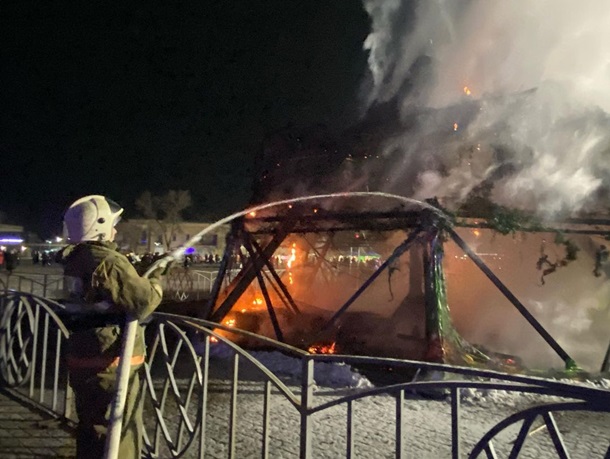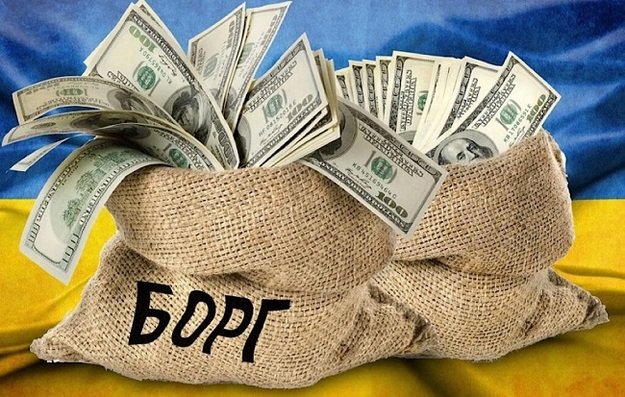- Japan’s Financial Services Agency (FSA) has issued a warning to investors about a rise in fraudulent cold calling schemes.
- These schemes involve entities posing as reputable firms to solicit investments, often disappearing after receiving payment.
- The FSA advises investors to conduct thorough due diligence and verify any firm’s registration before making investment decisions.
Amid a surge in fraudulent cold calling schemes, Japan’s FSA urges investors to remain vigilant and conduct thorough due diligence before making investment decisions.
Rise in Fraudulent Cold Calling Schemes
The Financial Services Agency (FSA) of Japan has issued an urgent warning to investors regarding an increase in fraudulent schemes involving cold calling. These deceptive practices involve entities pretending to be reputable brokerage or asset management firms contacting potential investors through phone, email, or fax to solicit investments in securities or financial products. After securing payments for supposed investments, these cold callers often vanish, leaving investors without their money or any securities.
Identifying and Avoiding Investment Scams
The FSA has clarified that legitimate solicitation of securities transactions requires registration or licensing by national regulatory bodies, which these cold callers lack. These entities often provide false addresses and claim to operate from countries different from their target victims, complicating efforts to track them down. The warning follows reports from overseas investors and cooperation with international regulators who have identified several entities claiming to be based in Japan. These entities are not registered under the Financial Instrument and Exchange Act of Japan, prompting the FSA to list these non-authorized entities publicly. Investors are strongly advised to verify any firm by consulting this list as well as checking for official registration before making any investment decisions.
International Collaboration to Combat Fraud
In alignment with the International Organization of Securities Commissions (IOSCO), which issued a similar investor alert in February 2002, the FSA emphasizes the necessity of international collaboration to combat such fraudulent activities. The IOSCO’s statement advised investors against making decisions based solely on cold calls, especially those promising high returns or “guaranteed” profits without any regulatory authorization.
Conclusion
Investors are encouraged to remain vigilant and conduct thorough due diligence on any investment solicitations they receive. The FSA’s list of non-registered entities and additional information on recognizing and avoiding investment scams are available on their official website and through linked international resources. As the rise in fraudulent cold calling schemes continues, it is crucial for investors to verify the registration of any firm before making investment decisions and to be wary of promises of high returns or “guaranteed” profits.













